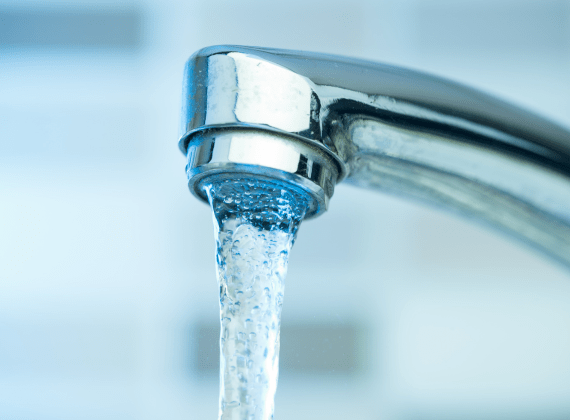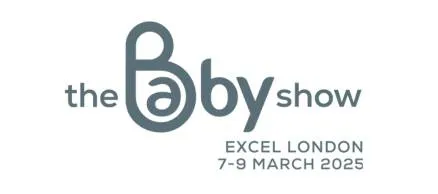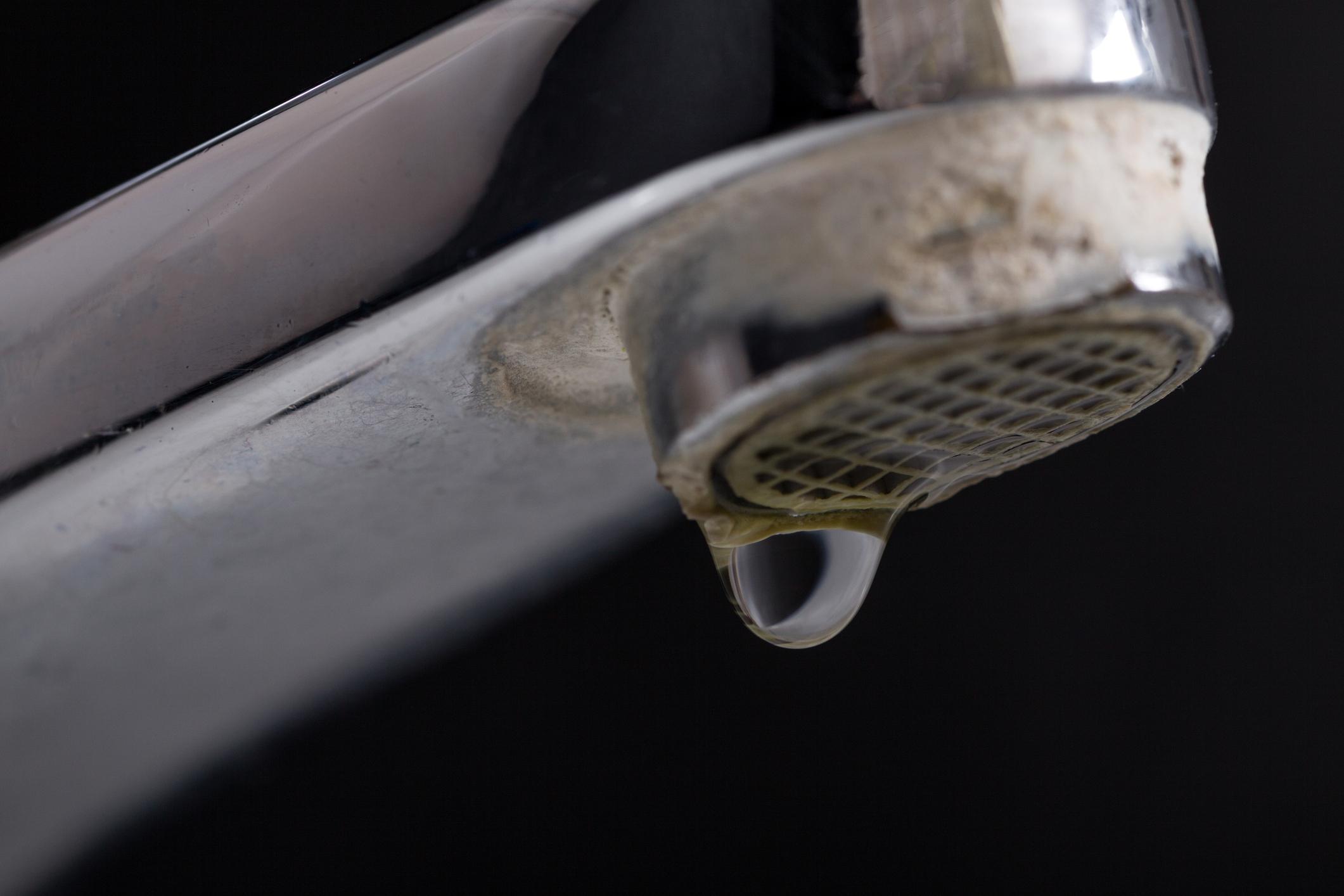

While it is safe to drink tap water in London, many people report feeling uneasy about doing so. This can be due to odd smells and strange tastes, cloudy water, or fear of contamination. However, tap water undergoes several strong treatment processes that mean it is 100% safe to drink.
Despite this, you will find bottled water stands and shops selling drinking water almost everywhere you go.
To demystify London’s tap water quality, we will answer these important questions most Londoners (and visitors) ask:
- Is the water in London safe to drink?
- Where does London tap water come from?
- What is the white residue in your sink?
- How to make your London tap water drinkable
- How does London tap water taste?
- Where can you find drinkable water in London?
- What are the benefits of filtered tap water?
Is the water in London safe to drink?
Yes, you can drink tap water in London- it’s 100% safe. In fact, most of the UK’s tap water is very unlikely to impact your health.
In the past decade or so, more than 99.9% of tests done by Thames Water have shown that London’s tap water meets quality standards set by both European and UK legislation.
However, this doesn’t mean there are never any issues at all. In May 2024, Thames Water issued a ‘do not drink’ notice to over 600 homes due to elevated levels of hydrocarbons caused by a fuel leak from a petrol station. Other unwanted contaminants such as ‘forever chemicals’ including PFOA and PFOS have also been present in some London boroughs.
Understandably, this has caused concerns over the general quality of London’s drinking water, but it is important to remember that the UK’s tap water remains some of the safest in the world.
Before you panic, it’s worth checking if there have been any recent water warnings in your area or if you are planning to visit, but it is more likely that you’ll battle limescale in London than any harmful contaminants.
Where does London tap water come from?
London has hard tap water, which is partly due to the source – mostly from the river Thames and river Lee, and a small portion (about 30%) from groundwater sources beneath London. As water hardness is caused by minerals like calcium and magnesium in water, London’s water is fairly hard at the source.
Before it becomes tap water, the collected water undergoes a thorough treatment process involving:
- Screening to remove large contaminants like branches or leaves
- Filtering or ‘flocculation’ to remove unwanted particles from the water
- Final treatments to remove bacteria, which can involve adding a small amount of chlorine to the water to destroy any remaining organisms
Once the treatments are completed, the water is tested to make sure it’s safe to drink.
What is the white residue in your sink?
Some Londoners report cloudy water or white residue in their sink. This may seem confusing, given the above filtration process. However, just because the water is safe to drink doesn’t mean there are no remaining contaminants.
London’s water is still hard when it’s straight out of the tap. This means it contains high levels of calcium and other minerals, which can cause limescale buildup.
Limescale impedes the effectiveness of soap, making it harder to work up a lather and clean. This can be surprisingly costly, as people have to use more soap overall. Hard water can also come with a taste that many are not used to if they come from a soft water area.
Luckily, hard water levels can be softened with the help of a water softener. This reduces the negative impact of limescale and can save you up to £550 per year on cleaning products and energy bills.
How to make your London tap water drinkable
Many people dislike the inconvenience of living with hard water, as well as the taste. If you’re concerned about the quality of your tap water, there are a few things you can do:
Use a reverse osmosis filter
A reverse osmosis (RO) filter stops PFAS (forever chemicals) in their tracks, leaving you with pure drinking water. They are a good option if contaminants are your main concern, and many people enjoy saving money on bottled drinking water once their RO system is installed.
They can easily be installed under your kitchen sink, and a single filter will last for a year with no monthly top-ups needed, unlike jug filters, which require more maintenance. Options like the ZERO Reverse Osmosis system are non-electric, quiet, and compact- meaning you’ll be drinking purer water (with 99% of impurities removed) with no disturbances to your daily routine or bills.
Install a drinking water filter system
If you’re worried about the taste as well as the quality of your water, then an in-line drinking water filter is probably best. These use advanced filtration to reduce particulates, chlorine, and any unpleasant tastes or odours. They offer a budget-friendly alternative to bottled water while cutting down on your household’s CO2 emissions.
Install a water softener
Constantly battling limescale is exhausting – and costly. Many people find an under-the-sink water softener system eliminates hard water in their homes. That means no more stains on your sink or shower glass, on surfaces or furniture, and smooth-running kettles or other kitchen appliances.
A water softener like the HarvyArc can soften water for your whole house, saving you up to £550 per year on cleaning products and energy bills.
How does London tap water taste?
London’s tap water is known for its unusual taste. Some claim it tastes ‘bitter’, while others claim to taste the chlorine and chemicals used in the treatment process. Others cite the calcium and magnesium in the water as the reason for the odd taste.
While this poses no risk to your wellbeing, many people prefer to use a reverse osmosis filter or water softener to help the water look (and taste) more normal.
Where can you find drinkable water in London?
If you’re just visiting London, then it won’t make sense to invest in a water filter or reverse osmosis system- but that doesn’t mean you’ll be stuck for good drinking water options.
There are many places you can find drinking-quality water at your fingertips:
The sink at home (or in your hotel)
As we’ve stated, the sink in any hotel, hostel, Airbnb, or any other building in London should be safe to drink from. Most hotels also include a kettle and complimentary tea and coffee, so if the taste of regular tap water isn’t for you, this is easily remedied.
At restaurants
By law, any business licensed to sell alcohol is required to provide ‘free potable water’ suitable for drinking to anyone who asks – paying customer or not. With over 3,500 pubs in London to choose from, you can easily slip in and request a glass of water if needed. But beware – businesses can legally charge for the use of their glass or their service when providing the water, so it’s not always completely free.
At public water fountains
With more than 100 drinking water fountains across the most densely populated areas of London, a reusable water bottle is an investment worth considering. Look for the blue water droplet on the side of these fountains – this means they’re safe to drink from.
Recent initiatives like Refill London have resulted in decreased plastic use across London, and that includes bottled water. How does it work? Simply find one of the 5,000+ refill stations (Costa, Greggs, and Starbucks are included) across London and refill your reusable bottle free of charge.
Buying bottled water
If none of the above is suitable for you, bottled water is always an option. There is no shortage of shops, cafes, and restaurants where you can invest in a bottle of water. However, it is strongly encouraged that you buy one bottle and reuse it throughout your stay before recycling if possible.
What are the benefits of filtered tap water?
Filtered water is by far the best option for local Londoners who are invested in their water quality. While there can be a high initial cost, the benefits of water filtration make this a long-term investment with great payoffs:
- Peace of mind – most water filters will eliminate the chance of bacteria or unwanted particulates entering your drinking water.
- Reduced costs over time – you can save money on buying bottled water, as well as electricity and cleaning products with a combined filter and/or softener system that removes minerals from your tap water.
- Low maintenance – unlike a water filter jug, most RO and drinking water filters are built with minimal maintenance in mind, so you can enjoy high-quality water without constantly replacing filters.
- Great taste – many people prefer the taste of high-quality filtered water, making this a great choice for drinking and cooking.
- Increased wellbeing – you might feel better knowing any ‘forever chemicals’ and chlorine are removed from your drinking water before you ingest or use it for cooking. Many people also prefer the taste of filtered water.
- Lower carbon footprint – buying fewer bottles of water doesn’t just save you money, it also lowers your carbon footprint and helps you live more sustainably.
Save time and money with a water filtration system
You can enjoy all the above benefits of water filtration, with the added peace of mind that comes from knowing you’re drinking clean, safe water, with a reverse osmosis filter.
These filters can reduce PFAS (forever chemicals), bacteria and viruses, heavy metals, dissolved salt (e.g. from softened water) as well as sand and dust. With a compact design that fits under your kitchen sink and electricity-free options available, RO systems are the perfect solution to ensure your tap water is of the highest quality.


